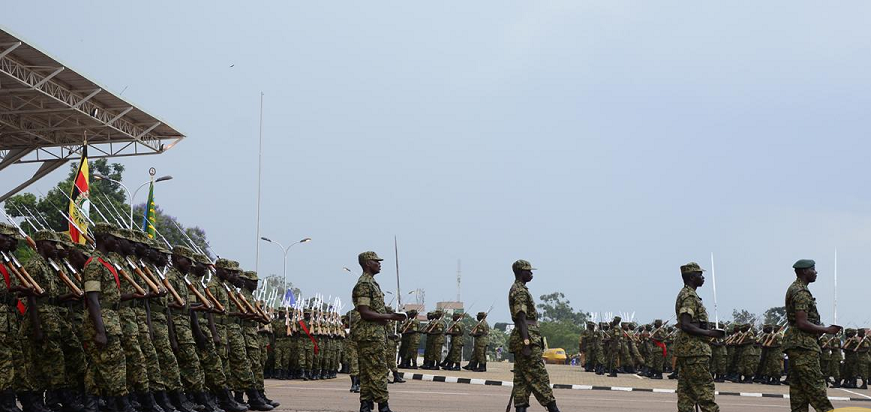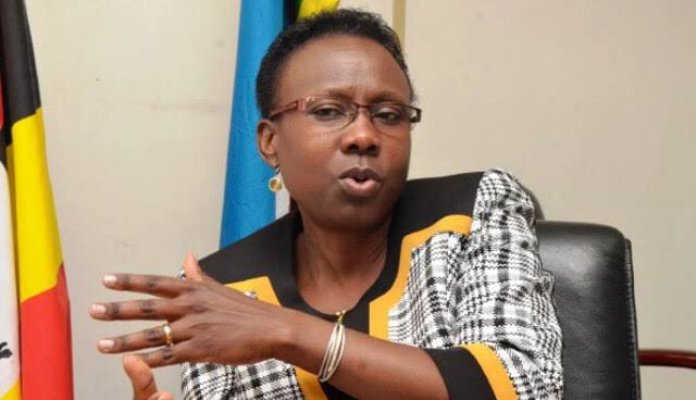The International Monetary Fund (IMF) has revealed that the Republic of Congo’s economic situation remains difficult but there are some signs of stability.
“Non-oil growth could turn positive for the first time since 2015 due to the recovery in the agricultural, forestry and transportation sectors. However, many economic sectors are still in recession due to delays in the implementation of the government strategy to clear arrears and tight financing conditions. The expansion in oil production in 2019 will be less pronounced than initially anticipated, with overall growth staying close to 2 percent,” IMF says in a statement.
On January 17, 2020, the Executive Board of the International Monetary Fund (IMF) concluded the Article IV consultation 1 with the Republic of Congo.
“The authorities have continued to follow prudent fiscal and debt management policies, and the overall level of public debt is expected to decline in 2019, after reaching a peak level of 117 percent of GDP in 2017. However, external public debt remains in distress, and the Congolese authorities are negotiating a debt restructuring with external commercial creditors to restore debt sustainability. Inflation remains at moderate levels (around 2 percent) and the current account is likely to register a strong surplus on the back of rising oil exports and new mining exports coming on stream. Together with a stricter enforcement of FX regulations, this is resulting in a stronger accumulation of net foreign assets at the Bank of Central African States (BEAC) than initially anticipated,” IMF adds.
Over the medium term, IMF says, non-oil growth is expected to recover as the government implements its strategy to clear domestic arrears and introduces reforms in support of its diversification strategy. Short-term risks are tilted to the downside given possible declines in oil prices, and the potential difficulty of sustaining high fiscal surpluses over time, and capacity constraints for the effective implementation of the government’s ambitious structural reform agenda. However, these risks are mitigated by medium-term upside risks to oil production if recent oil discoveries are confirmed.
Executive Board Assessment 2
Executive Directors noted that the Republic of Congo continues to face very difficult economic conditions, with a challenging macroeconomic outlook characterized by high debt levels, low growth, and limited business confidence. At the same time, Directors welcomed modest inflation levels, the downward trend in public debt, and rising net foreign assets. To support macroeconomic stability and inclusive growth, Directors encouraged the authorities to pursue continued fiscal consolidation, debt restructuring, and reforms to strengthen governance and diversify the economy.
“Directors considered that the government should continue strengthening its medium-term fiscal framework. Noting the prudent execution of last year’s budget, they welcomed that the 2020 budget pursues further fiscal consolidation to help restore debt sustainability. Directors emphasized the importance of non-oil revenue mobilization efforts as a key pillar of the fiscal strategy, particularly measures to curb tax exemptions, collect tax arrears, and implement additional tax administration reforms. They also highlighted the importance of strengthening PFM systems and ensuring that adequate resources are allocated to critical social programs in favor of vulnerable groups, including in the areas of health, education, and programs for women. Directors also underscored the importance of coordinated donor community support for the country’s adjustment efforts,” IMF says.
It adds that Directors agreed that public debt management should continue to be at the center of Congo’s economic recovery plan. They supported the authorities’ plans to accelerate negotiations with external commercial creditors to reach a debt reduction agreement. Directors also encouraged the authorities to implement their strategy to clear domestic arrears with the private sector and emphasized the need to contain rising non-performing loans, provide enough liquidity to the private sector to be able to meet its tax obligations, and increase business confidence in support of economic activity, especially in the non-oil sector. Avoiding any new accumulation of official external arrears and clearing the existing stock in line with their earlier commitments were also emphasized. To capture debt vulnerabilities more accurately, Directors called for enhanced debt transparency, including for SOEs.
“Directors were encouraged by reforms to improve governance and reduce corruption. They welcomed the publication of the audited financial statements of the National Oil Company and 2020 draft budget, which improved public access to economic information. Notwithstanding, Directors considered that further efforts are needed and encouraged continued strengthening and operationalization of the anti-corruption framework and ensuring that the new Anti-Corruption Authority and Commission on Transparency become fully operational,” it says, adding: “Directors agreed that the Republic of Congo’s diversification strategy will be key to sustain higher and more inclusive growth. In this regard, they emphasized the importance of strengthening governance and improving the business environment, including through reforms to increase access to electricity, reduce administrative requirements to start new businesses, and improving access to credit.”





